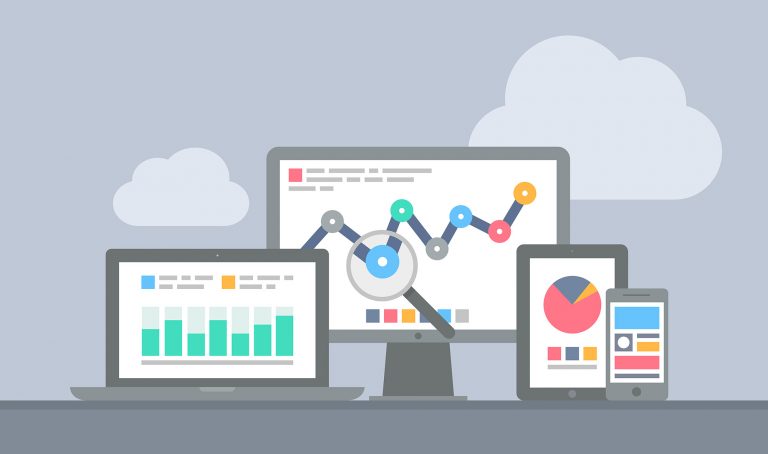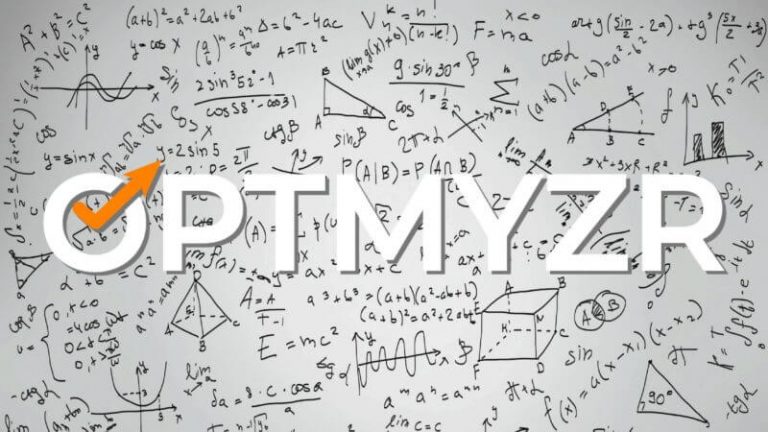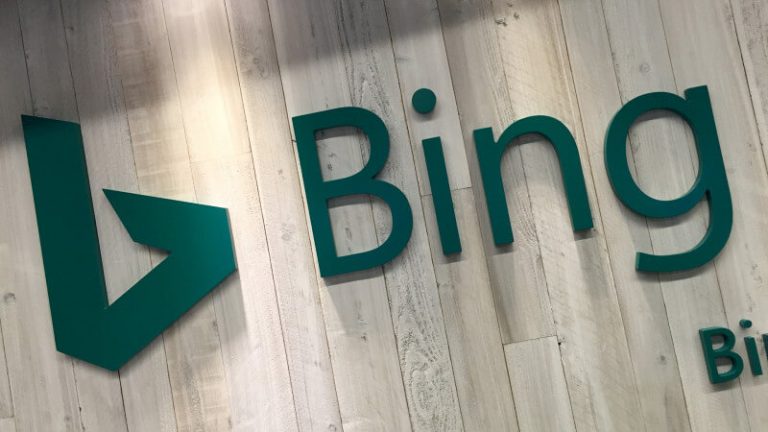[vc_row][vc_column][vc_column_text]
Four ways a great PPC tool can turn you into a PPC rockstar
On the surface, it’s easy to wrongly conclude that Google and Bing are automating PPC pros right out of relevance. Basic PPC tasks can now happen with very little human intervention through the Google and Bing interfaces — easy enough for a novice PPC manager to create and launch pretty good campaigns.
That’s terrific. The big engines have made viable PPC accessible to the masses. Today, even a basic mom and pop shop can drive business effectively and inexpensively by tapping into the billions of searches happening daily.
The challenge, though, is that great PPC is actually becoming more challenging than ever, in part because of automation. Ironic? Yes. And while it may seem that Google and Bing have made it really easy to operate solely within their platforms, there is actually greater need for powerful third-party tools — a trend we expect to see continue.
Let’s address the obvious head-on: Optmyzr is one of those third-party tools, so, of course, we’ll say our service is needed. It’s important, though, to have an informed discussion about the true role of automation — where, how, and when to apply machines to take PPC programs from good to great.
Smart automation: The key to greatness
PPC automation via Optmyzr is fueled by machine learning and artificial intelligence. When coupled with powerful human intelligence, smart PPC pros have the power to run extraordinary campaigns with speed and agility we could only dream of a few short years ago.
Here are four powerful ways PPC pros can save time and energy automating critical tasks, freeing up time (and brainpower) to apply human expertise to strategize, refine, and elevate their craft:
Build search campaigns from e-commerce data
Yes, you can automate the lion’s share of campaign building, start-to-finish. We’re not talking about simply setting up the basics and running them. Using tools like Campaign Automator from Optmyzr, PPC pros can tap external e-commerce data, taking complex (and often messy or confusing) spreadsheets and automatically building out keyword-targeted campaigns. Essential data such as brand, price, color, size, channel — essentially any variable — can be set for dynamic insertion using templates you create.

Advertisers can specify a template and let Optmyzr’s Campaign Automator build out and maintain an inventory-driven search campaign on Google Ads.
The PPC pro can easily tie in inventory data from the Google Merchant Center Feed as well, preview campaigns to verify how they will appear and then launch. Campaign Automator even allows fully automatic campaign updates based on changes to the templates, inventory levels and a host of other attributes.
Check out our latest demos to see the automation first hand.
Streamline Shopping Ads (for Google and Bing!)
While powerful drivers of conversion, Shopping Ads can be nothing short of tedious to create manually in Google Ads and Bing Ads. The more products and product groups you have, the more time you can spend manually creating just your campaign structures. No exaggeration, PPC pros know this can take several hours, if not several days, if you’re creating Shopping Ads for thousands of products.
The Optmyzr Shopping Campaign Builder virtually eliminates the product-by-product manual creation by automating deeper levels of campaigns. Automation puts products into product groups and generates the ad groups for you. The PPC pro can then apply his or her time to actually thinkingabout nuances, bid adjustments and fine-tuning Shopping Ads campaigns, instead of spending arduous hours setting up the structures.
Deeper automation throughout the process allows syncing campaigns with inventory, finding product attributes that don’t perform well, changing product group bids based on various attributes and identifying negative keywords. The PPC pro still has the ability to jump in at any point in the process to apply their knowledge and skill to fine tune and make critical adjustments.

An analysis of the performance of a shopping feed for Google Ads showing the number of conversions coming from products at different price points.
Remember the tedium noted above? It gets worse. After you’re done with the manual set up in Google Ads, then you’d need to turn your attention to repeating the process for Bing Ads. With Optmyzr, the same deep automation for your Google programs can be replicated for Bing Ads.
As with Campaign Automator, spend some time getting a deeper tutorial through our latest demos.
Automate repetitive tasks with advanced prebuilt scripts
Clients of all sizes garner exceptional value implementing advanced scripts into their Optmyzr workflow. Question is — are you a PPC pro or a scripting guru? PPC pros need not spend countless hours crafting the perfect script to automate key tasks. The Optmyzr team does all of that.
By making it easy to access, find and install powerful scripts, PPC pros can find time-saving automations to improve reporting, bids and budgets, notifications, optimizations and a lot more.

Manage Google Ads Scripts without editing a single line of JavaScript code through Optmyzr.
These advanced scripts go far beyond the stock scripts available via Google Ads, adding greater depth and functionality across PPC tasks. We’ve made them really easy to install and crafted a form-based user interface that allows PPC pros to modify them to their needs — without having to do the coding yourself.
Implementing scripts is as easy as downloading the script, copying /pasting into your Google Ads account and immediately beginning to generate outputs such as spreadsheets or take actions such as pausing broken links.
One more reminder — you can find in-depth demos for the automations discussed in this article.
Cross-channel reporting
One of the most time consuming tasks for PPC pros is generating reports to keep clients informed. While Google Ads includes a reporting module, it simply cannot cover what PPC pros do on other platforms like Bing, Facebook and Amazon.
Monitoring, alerts, data visualization presets, charts and tables can all be highly automated giving extraordinary insight along with visual appeal that capture a client’s attention.
A third-party tool like Optmyzr can help with this. We routinely hear from clients who say they’ve been able to automate reports that would commonly take five hours per month per client down to 30 minutes.
Winning the paid search race
Don’t get us wrong. The automations present in the Google and Bing interfaces are great, but they only go so far. PPC Management Systems — like Optmyzr — exist to help PPC pros become PPC rockstars.
In this article, we intentionally only explored four areas of opportunity that can help you strategically automate programs. The reality is there are many more automation opportunities search pros can tap within Optmyzr’s powerful PPC management system. Most critical — look to automate tasks that eat up time and don’t really tap your brainpower.
Flexibility. Ease. Efficiency. Control. By crafting automations that go deep into the tasks and functions of paid search programs, we make it our mission to put the PPC pro in the driver’s seat of all of their campaigns. Combining the power of human intelligence and vision with AI and machine learning, smart approaches to automation will take your game to the next level and help keep your organization a step ahead in the intense paid search race.[/vc_column_text][/vc_column][/vc_row][vc_section][vc_row][vc_column][vc_message message_box_color=”orange” icon_fontawesome=”fa fa-external-link”]This article was originally posted at Search Engine Land by Optmyzr (Sponsored) on October 15, 2018.[/vc_message][/vc_column][/vc_row][/vc_section]








